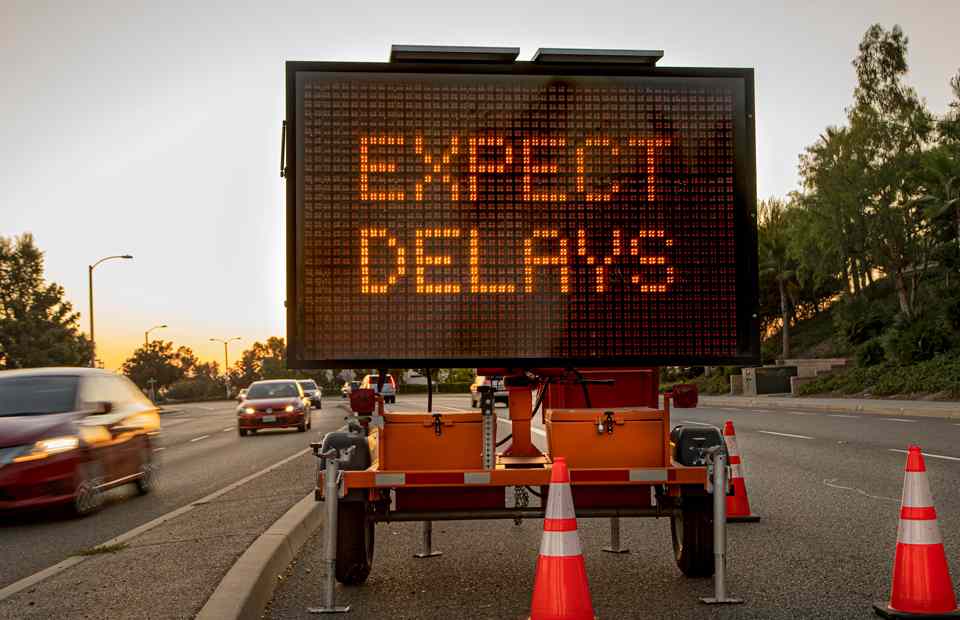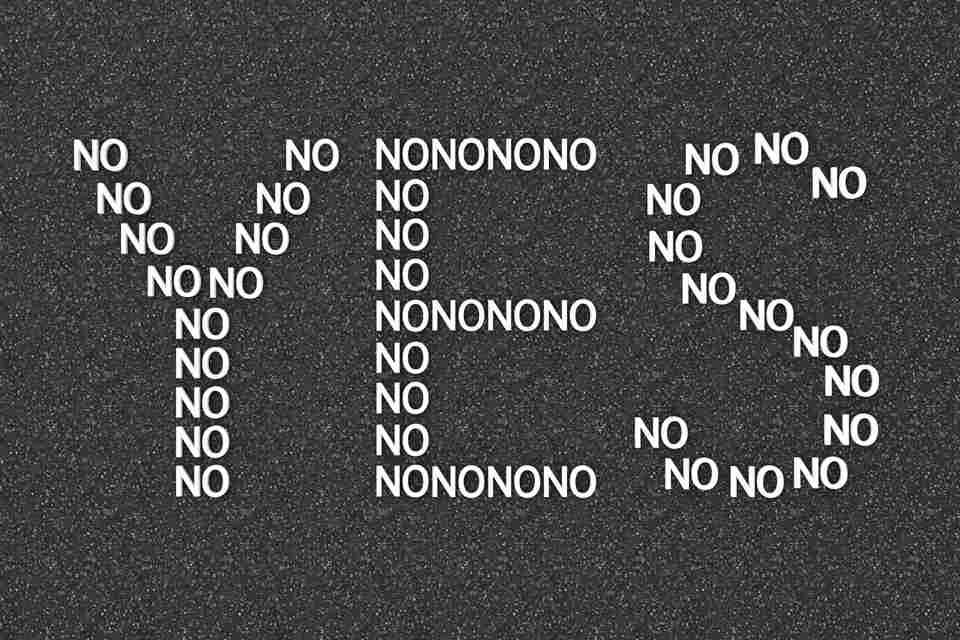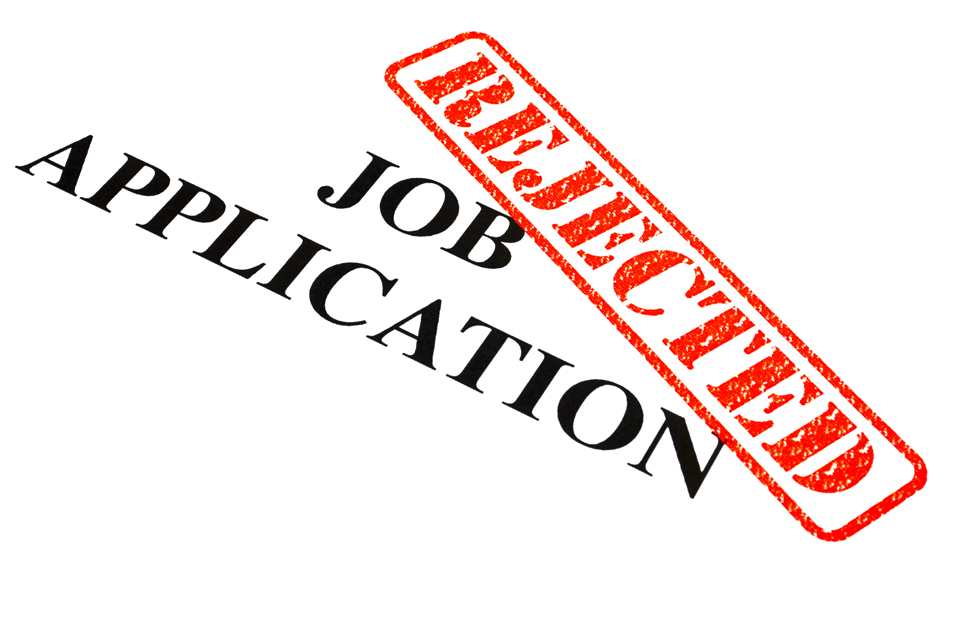
- Silence
- Ambiguity
- Delay
- And the mother of them all: Rejection
You experience rejection even during law school. Even in the legal industry, the most sought-after candidates often face one or more of these psychological stress. You need to keep in mind that these elements are just a normal part of the legal job search process. No law firm intends to direct negative energy at every candidate. Still, the system being what it is, understanding how it works will help you cope with what can otherwise be a frustrating and ego-deflating experience. Once you can anticipate what to expect in the short run, along with your recruiter, you can better move through and negotiate each stage of the hiring process.
1. SILENCE

One of the first things you will notice about the legal job search process is: Silence.
Days, weeks, and even months can go by without hearing a peep from the places you diligently prepared and sent applications. It is worse than being ghosted on a dating app. This silence can be particularly annoying for both recruiters and candidates. And because of that, it is easy to jump to the wrong conclusions when confronted with silence.
You might think receiving a timely up or down answer would not be too much to ask, but in the legal hiring business, silence is more often the rule than the exception. A good recruiter knows the workings of the recruiting offices of major law firms and can interpret what the silence can mean after the submission of a résumé and cover letter. This is just one of the benefits of having a good legal recruiter in your corner. Good legal recruiters can “read into” the silence associated with applying for positions at law firms because they know the market and its players well. They can explain what is going on behind the scenes and what the silence might mean in your particular case.
Here are some of the things silence can mean in the initial phase of a legal job search process—i.e., after you have sent your resume and cover letter to a firm and are awaiting a response:
- You passed the first hurdle, and extra time is being spent to pass your resume to the hiring committee.
- A key person in the hiring chain is absent, so the response has not been more prompt.
- The submission was somehow misplaced and inadvertently overlooked.
- The firm is unsure about its needs at the time.
- The firm is unsure about whether you might be a fit.
- The firm is hesitant to rush into anything and is simply sitting on its decision for the time being.
- You were passed over on the initial screen, but no one has had the time to generate the pass letters for an imposing pile of resumes.
A good recruiter can help you understand the character of the law firm regarding your submission and what it could mean if you do not get called for additional rounds of interviews or receive a formal pass notice within two to three weeks.
Silence may not just be an issue for candidates in the initial stages of the legal job search process. It may also be a factor later in the process too. Silence can happen even after things have gotten off to a good start and there has been communication between the candidate and the law firm.
We once worked with a candidate, for example, who had gone through a very positive series of interviews at a major firm. A couple of days before the holidays, the law firm told our recruiter that it was writing him an offer and that they would get back to us very soon. But there was no word before the holidays, and then everyone was gone for ten days. There was still no word immediately after the holidays. Finally, we sent out gentle and then more urgent inquiries to the firm. Three weeks after the holidays and there was still no word. The extended silence was understandably giving the candidate considerable psychological stress. He hoped to make major life decisions regarding his career and life, including moving across the country, and we were all beginning to grind our teeth.
Finally, our recruiter broke all the rules of firm contacts and went to the top to find out what was going on. It turns out that there had been a bit of a stalemate in terms of the final rubber stamp for the offer. Long story short, the candidate received an offer, accepted it, and is happy at the firm. Still, it was a stressful couple of weeks for both candidate and the recruiter. We had to find ways to stay positive and successful coping strategies with almost five weeks of absolute silence before the deal could be finalized.
Understand that lawyers are busy, and hiring decisions can often take a back seat. Never assume the worst in these situations. Silence does not always mean rejection!
2. DELAY

Too often, silence and delay go hand in hand in the legal job search process. But candidates need to understand that the process has its distinct rhythm, and unfortunately, part of that process also includes lag in time. What may seem like unreasonable delays are normal hiring patterns in the law firm world.
As an example, here is how a typical submission may go in the Bay Area market:
You submit your resume, and ideally, you will get a response within two weeks. If the fit is good, you may be invited in for an interview within days. The interview is usually scheduled at least a week before finding a mutually agreeable time. After the interview, the firm gathers evaluations, discusses the next move, and may invite you back for more interviews or decide to give you a pass. This evaluation process can take from one day to a couple of weeks. Again, if you come back for more interviews, it may take time to find a good date. After the second round of interviews, the firm will usually make up its mind. This can happen on the spot—rare but possible—or it may take up to a month. If an offer is extended, it is usually a deadline for a response within two weeks. However, firms can often extend this deadline.
Generally, a law firm's average time to be considered, including interviews, may range from four weeks to three months. If you are interviewing with multiple firms, coordinating schedules and pending offers can be challenging. The most sought-after candidate we have ever represented required five weeks from submission to offer acceptance, and that was with all steps expedited at every level.
When you embark on a legal job search, you need to understand that the process is a marathon and not a sprint. It is not uncommon for law firms to delay and be silent for months and suddenly express interest in a candidate.
What accounts for this silence and delay? Human nature, along with institutional realities. Law firms may be complex systems, but human beings run them. When it comes to hiring decisions, candidates will be considered by managing partners, practice or group leaders, hiring committees, management committees, recruiting directors, recruiting coordinators, recruiting assistants, etc. The interface with these multiple personalities often generates communications that may be inconsistent or ambiguous. As you can imagine, more players do not usually produce better clarity.
How a law firm posts a position:
- A listing for an attorney position may include a very detailed description of exactly what the firm is looking for.
- If a recruiter submits a candidate they feel is a "perfect fit," and there is no response, the issue can often be a variety of internal disagreements about bringing a new hire. It is not uncommon for a practice group leader and a managing partner to have divergent views on how to staff a workload or how to strategically grow the office.
- A potential candidate may get rebuffed by a lack of consensus within the firm. To help counteract any reluctance from multiple stakeholders, a savvy candidate might broach the subject diplomatically in their interview.
The bottom line for candidates is this: If you do not get invited in, do not take it personally. Much goes on behind the scenes in the hiring process to decide as to whether you are the attorney they are looking for or not.
See Why Every Attorney Needs to Apply to a Lot of Places (and Not Give Up) When Rejected for more information on why you need to apply to many places during your job search.
Here are some coping styles to cope with silence and delay during your legal job search process:
- If you are currently working, keep focused on your current job and do the best work you can. You never know how things will turn out, and you will always want to make sure you leave on good terms and with good recommendations.
- If you are not currently working, put all your energy into your job search. Review your resume and cover letters and decide if they are the best they can be. Review your writing samples to determine if you have selected the ones that best showcase your talents. Update your representative matters list or deal sheet.
- Brainstorm your past work and school connections to determine if there is a possible recommendation to be found that you have overlooked.
- Network on social media platforms and broaden your sphere of professional connections. Whether you utilize these connections in your current search or not, the most successful attorneys always pay attention to their professional connections and always seek to expand their networking.
- Spend quality time with your family and friends and allow them to alleviate some of the stress associated with your job search. They are your support system—they can help you with your self-esteem and self-worth!
- Exercise and stay healthy. You need to take care of yourself both physically and emotionally to get through your job search and so you can throw yourself into your new job when it comes through.
- Make sure to stay positive and do not give up. Success could be right around the corner!
See How to Not Fail, Die or Go Crazy Practicing Law for more information about the importance of health to your job search and legal career.
3. AMBIGUITY

Like silence and delay, ambiguity can also play a major role in the legal job search process—especially when you get to the interview stage. Many candidates will receive feedback from the interview, such as, “Great answer!” “We look forward to working with you,” “You are on the top of the list of all the interviewees,” and others like that. But then, days go by, and that expected offer never arrives. What possibly could have happened? Scores of things! Here are a few things that go on during the process that result in uncomfortable ambiguity for candidates:
- Because one individual rarely makes hiring decisions, a committee must reach a consensus, and it only takes one “doubter” to derail an offer.
- The position may have closed suddenly when a planned departure was abruptly canceled.
- There may have already been a pending offer that was accepted.
- The particular firm might have lost a major client that would generate the work for that position.
- The firm may be uncertain whether the economy justifies additional staffing.
- The firm may have decided to focus its hiring in a practice area different from the one you were hiring for.
As you can see, the list of possibilities is long. Again, many of the reasons for ambiguity may have little to do with you or your qualifications. Many variables go into hiring decisions, and sometimes they do not work in your favor. But then again, sometimes they do! Do not discourage yourself, and keep in mind that ambiguity is a part of the process. Keep moving ahead with an optimistic attitude.
See How to Excel at Second Round Law Firm Interviews and Get More Job Offers for tips on acing your second round interviews.
4. REJECTION

As described above, law firms can make hiring decisions based on various reasons, and many of them may have nothing or little to do with a particular candidate’s qualifications. Receiving a “pass” from a law firm may feel like a personal rejection but do not take it that way. Even the most qualified candidates should expect to receive passes—even many. Sometimes the reasons for rejection are quite random or based on macroeconomic factors out of your control and that impact everyone. Sometimes they are based on a particular firm’s specialized “rules of hiring.” You might be a terrific attorney and person, but if there is a recession coming down the pike, or if you do not happen to fit the mold of a given law firm, your chances of rejection are high.
A firm’s “rules of hiring” may have to do with things like grade cutoffs or required years of experience. For example, many candidates will get rejected from certain law firms because their resumes and transcripts do not conform to strict requirements set out by those firms for law school and class ranking to make the initial cut. These firms may allow for no exceptions. Other candidates will get rejected if they do not have experience with a certain type and size of law firm for a minimum period. Again, very often, firms may not allow for exceptions.
Similarly, if you are not in the same range of JD years desired, many firms will not even look at your application. And if you have had more than one job transition already, that may be the end of your candidacy. Your book of portable business and your client roster will also be very important for senior attorneys and partners.
See How to Easily Determine the Best Attorneys and Law Firms: The Five Prestige Levels of Attorneys and Law Firms for more information about the hiring criteria of law firms.
For top-tier firms, receiving an offer for a lateral position is like successfully reaching the end of a complex maze. Only a few candidates will have the right combination, appear at the right time, and avoid the wrong turns. Also, successful candidates will need a measure of luck, including those things that are completely out of their control, like whether the interviewer was having a good day or bad, whether a new case that needed to be staffed arrived the week before their interview, or whether you might share unanticipated esoteric interests that begin to break down formalities.
The bottom line is that much of the job search process is random, even at the most elite levels. Do these factors determine your true value and capability as a skilled and sophisticated attorney? Not really. It makes no sense to take any of this personally or let your ego get caught up in the process.
See Why Law Firms Reject You for more information on law firm rejection.
Another aspect of rejection that candidates find especially frustrating is that firms may not reason for the pass. Firms have been instructed not to justify their decisions to preclude possible employment lawsuits. Candidates are often eager to get feedback to help them improve their presentation to the next firm or round out their experience. Yet, firms use a few key phrases such as “not the specific background we are looking for,” “we have decided not to move forward,” or “we have decided to pass.”
When your recruiter informs you of a pass and cannot offer you a detailed explanation regarding the decision, it is often not for lack of attempting to get that information. Most firms are fairly rigid on this point. Occasionally firms will breach the generic communiqué and give an unwritten hint such as “very nervous,” “underprepared,” or “not enough business experience,” etc. Good recruiters in sync with their markets can usually anticipate who will be invited for interviews. If you are a borderline candidate and get passed, do not take it personally. If you get passed after an interview, you may not get as much feedback as it could be helpful to refine your presentation. A good recruiter can be invaluable at that point in helping to analyze and strengthen your interview skills or “fit” at the next firm.
See 6 Things Attorneys and Law Students Need to Remove from Their Resumes ASAP If They Want to Get Jobs with the Most Prestigious Law Firms for more information.
WORKING WITH A LEGAL RECRUITER

Working with a knowledgeable legal recruiter is one of the best ways to get past the silence, delay, ambiguity, and rejection. A good legal recruiter can help explain what is going on at every process stage. They will also be able to offer you a support system while you move through all the job search stages, from initial job application to final acceptance. A good legal recruiter can even help “read between the lines” when you have been given a pass for no apparent reason.
See A Comprehensive Guide to Working with a Legal Recruiter and How a Good Legal Recruiter Finds the Best in You and Communicates It to Employers: How to Define Your Unique Selling Proposition for more information about the benefits of working with a good legal recruiter.
Also, contacting a good legal recruiter at the outset of your job search process will give you an edge in the process, from searching to signing an offer: A good legal recruiter will help you assess if you are changing jobs for the right or wrong reasons, help you target your job search to the firms and markets where you will be most successful, and help you evaluate your rejections so you can learn from them. All in all, a recruiter will make you a better candidate—and better candidates get better jobs.
See The Right and Wrong Reasons to Switch Law Firms for more information about whether you should even be switching firms in the first place.
See Why Every Attorney Should Look at Multiple Legal Markets When Doing a Job Search for more information about the benefits of broadening your job search to other markets.
Conclusions
Rejection hurts. You sometimes experience physical pain. And your law school will not arm you for this emotional pain. Arming yourself with an understanding of the vagaries of the legal hiring process can help immunize you against disappointment and discouragement. You will have much more realistic expectations regarding the rhythm and timing required. And you will be prepared when those inevitable moments of confusing silence, delay, ambiguity, and rejection come.
Understanding the game will also help steel you against getting too easily discouraged—even if you get a pass from your favorite firm or get multiple passes in a row. You will understand that most of these events are not about you and that they reflect the unique characteristics and personality of the firm in question, the economy, and a host of other internal and external hiring variables.
Once you are armed with this knowledge, you and your recruiter can become a cohesive team in strategy, planning, and action for your job search. You will sidestep the negative events, manage stress, and eventually, you will succeed in your quest to find the right legal position for you! If you go into it with the right understanding and with the right ally in a good legal recruiter, finding your dream job will be more likely and a lot more fun.





